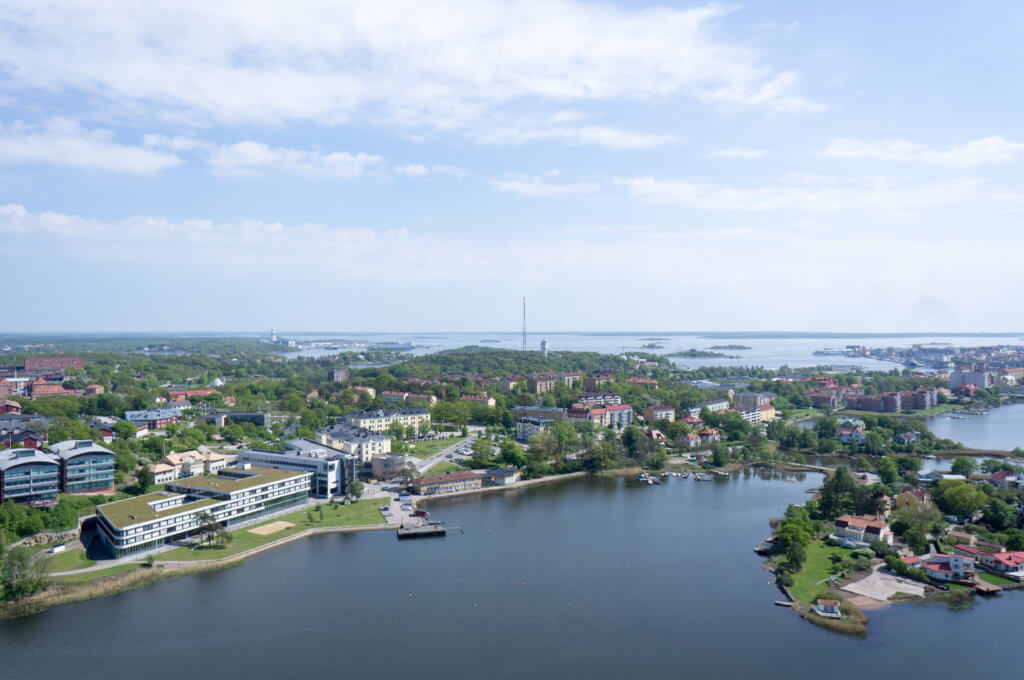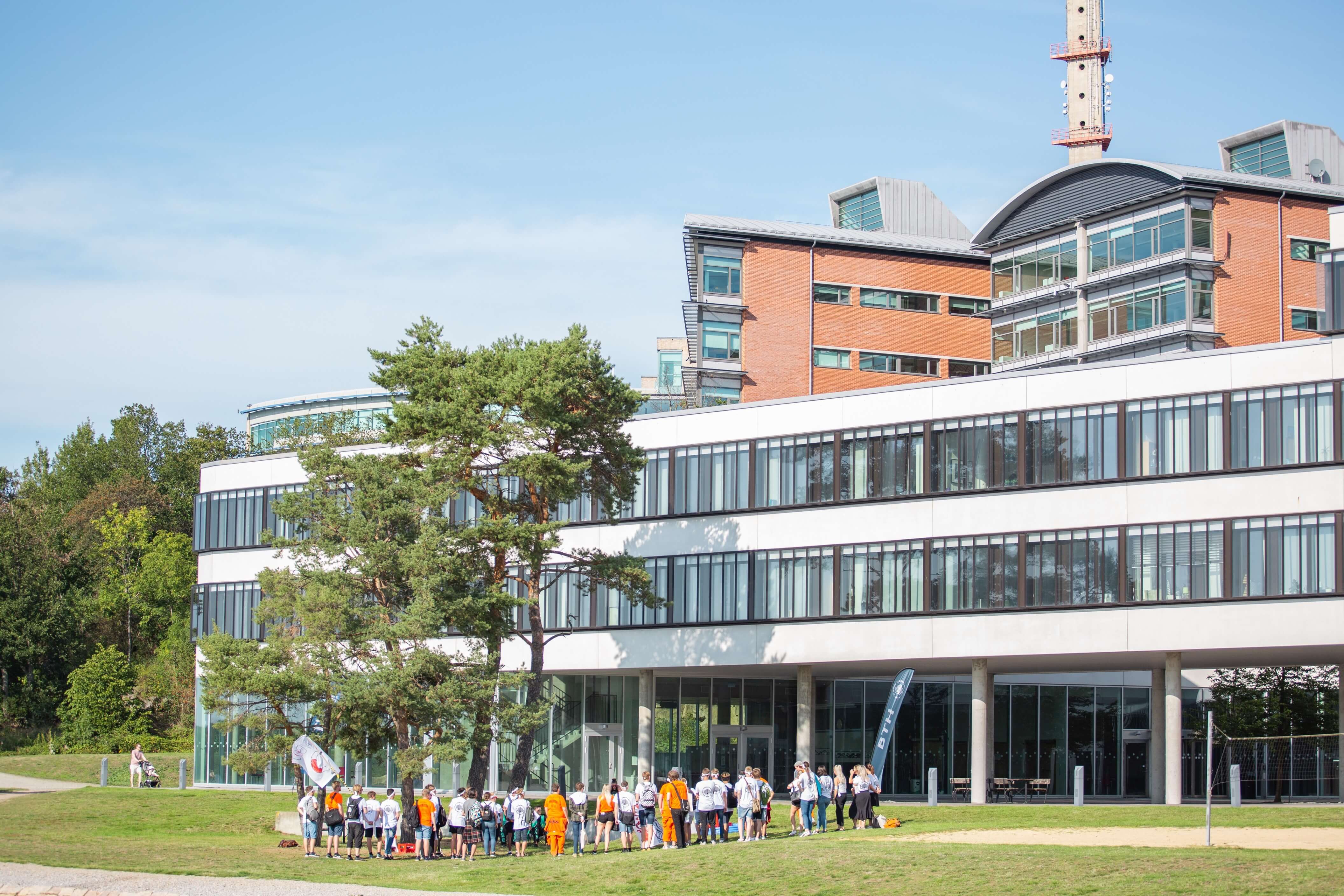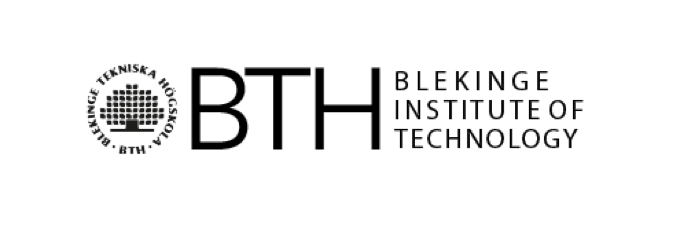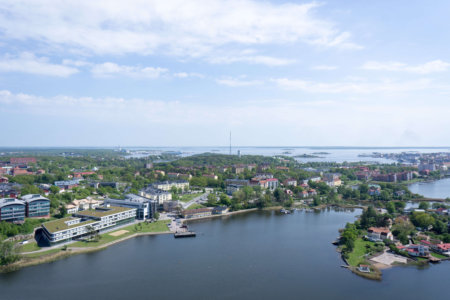Engineers need business acumen. Recent events and market trends, such as the effects of the pandemic on supply chains and work life, increased competition, customer requirements, and a strong emphasis on climate issues, have transformed how businesses and industries are run. These encourage engineers to reflect on their practice.
A different approach is needed, one that harnesses the power of education to train engineers beyond the technical. Today’s engineers need to know strategy, how to manage people, and the know-how to navigate firms, industries, and markets. They need to offer solutions that fuse technology and engineering, taking into account pricing, competition, logistics, and organisation of industries. Equally important is the knowledge in financial and economic analysis, as well as entrepreneurship and innovation.
In August 2021, Blekinge Institute of Technology launched a master’s programme that fills this knowledge and skill gap: the Master’s Programme in Industrial Economics and Management (MIEM).
“Why MIEM? We offer this programme because we see a need in the industry for engineers and technicians with knowledge in industrial economics and management,” shares programme manager Eva Lövstål. “This relates to organisations in the public sector as well as private companies.”

The MIEM is a full-time and campus-based programme, with two specialised tracks, 12 courses and a master’s thesis. Source: Blekinge Institute of Technology
Spanning two years, the English-language programme will arm students with analytical and practical skills. The former provides, for example, an understanding to how technologies are shaping the business environment, such as the nature of competition and the way in which markets emerge and transform. The latter increases the ability to develop business strategies and efficient management practices. Ultimately, it is designed to complement and build upon prior qualifications within a technical field of study (excluding industrial economics and management). It aims to broaden a student’s technical education as well as utilising the student’s technological competence in a business and management context.
As for the content, it has a broad coverage.
“In the programme, there are several courses that focus on market characteristics, trends and their impact on industries, companies and organisations,” shares Lövstål. “It also includes courses that address areas important to running a business or organisation, and for developing innovations.” The programme focuses particularly on applied knowledge — such as investment analysis, statistics, production economics — that can be used to solve complex problems in business.
During the third semester, you can choose from two specialised tracks: “Competition, production, and financial analysis” or “Marketing analysis, entrepreneurship and strategy.” As an alternative, you can go abroad and study in one of BTH’s partner universities. In the fourth and final semester, you will devote your time to a master’s thesis.
Classes take various forms. Expect to attend lectures, contribute in seminars, take part in workshops, as well as conduct theoretical and practical exercises that are performed either individually or in a group. In true BTH style, students will work in small groups, with close contact among peers and faculty members.
The result? Graduates with good knowledge of current business issues related to globalisation, digitalisation, innovation and entrepreneurship. Each possesses a toolkit of skills in market and investment analysis, business strategies, econometrics, project management, as well as research methods and design. Each is armed with a repository of insights in current research and developments within specified sub-areas of industrial economics and management. All boast an advanced ability to present and evaluate scientific work. As a BTH graduate, they will stand out for their distinctive focus on the digitalisation of society and sustainability too.

At BTH, you’ll find an inspiring study environment in Sweden, located close to the sea. Source: Blekinge Institute of Technology
That’s not all. Other skills gained here include analytical thinking and innovation; complex problem-solving; critical thinking and analysis; creativity, originality and initiative; as well as leadership and social influence, plus many more. They reflect the top five in-demand skills as ranked in the World Economic Forum’s Future of Jobs Survey 2020.
There are many other factors that set the MIEM apart. Graduates are eligible for a one-year residence permit. They can stay in the country for two reasons: to seek work and to establish a company or business. Tuition fees are 240,000 Swedish kronas, approximately US$27,100 — EU and EEA students are not required to pay. Scholarships by the Swedish Institute and BTH are generous.
As for the setting? An inspiring study environment. On campus, there are lecture halls, libraries, restaurants, cafes, and a students’ union. “We have a very modern study environment where students can meet together, as well as with teachers,” says Director of International Affairs Mats Walter. “We’re a small university. Since we are small, we are close. Students can easily reach out to the vice chancellor on a daily basis, unlike big universities with a lot of hierarchy.”
Both of BTH’s campuses are located by the sea — a special atmosphere few other universities can replicate. “Between the lectures, you may have a bath in the sea in the summertime,” suggests Walter.
Follow Blekinge Institute of Technology on Facebook, Instagram, and Twitter












